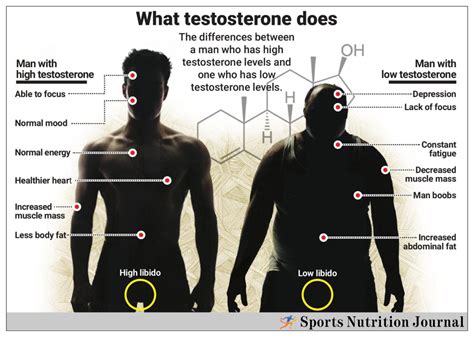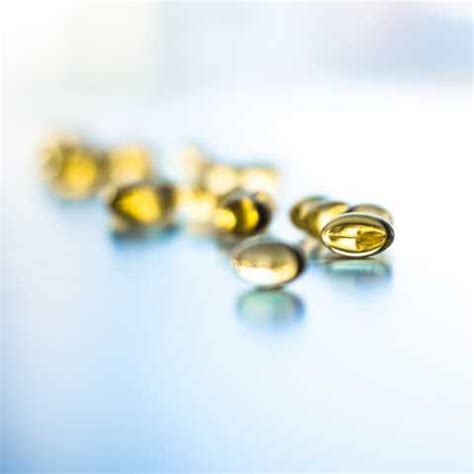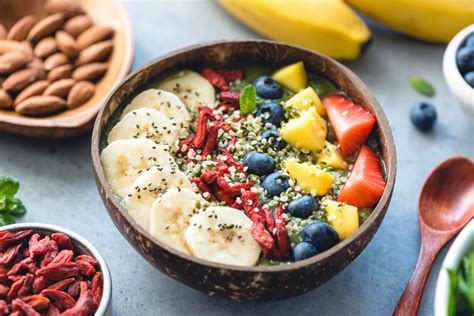Understanding Testosterone and Its Importance
Testosterone is a crucial hormone, primarily associated with men’s health, playing a vital role in muscle growth, bone density, red blood cell production, and libido. While its levels naturally decline with age, certain lifestyle factors can accelerate this drop, leading to symptoms like fatigue, reduced muscle mass, decreased sex drive, and mood changes. The good news is that many natural, actionable strategies can help optimize your testosterone production.

1. Prioritize Strength Training and High-Intensity Interval Training (HIIT)
Exercise is one of the most effective natural testosterone boosters. Focusing on strength training, particularly compound movements like squats, deadlifts, bench presses, and rows, stimulates a significant hormonal response. Aim for 3-4 sessions per week, progressively increasing the weight or intensity. Additionally, High-Intensity Interval Training (HIIT) has been shown to be effective. Short bursts of intense exercise followed by brief recovery periods can also contribute to a healthy testosterone profile.
2. Optimize Your Diet for Hormone Health
What you eat profoundly impacts your hormone levels. A balanced diet rich in whole foods is key. Incorporate healthy fats (avocados, nuts, olive oil, fatty fish) which are essential for hormone production. Protein intake is crucial for muscle building and overall health, so include lean meats, poultry, fish, eggs, and plant-based proteins. Don’t shy away from complex carbohydrates from whole grains, fruits, and vegetables, as they provide energy and vital nutrients. Limiting processed foods, excessive sugar, and alcohol is also critical for maintaining hormonal balance.

3. Ensure Adequate and Quality Sleep
Sleep deprivation is a silent killer of testosterone. Studies show that even just one week of restricted sleep can significantly decrease testosterone levels in healthy young men. Aim for 7-9 hours of high-quality sleep per night. Establish a consistent sleep schedule, create a dark and cool bedroom environment, and avoid screens before bedtime to improve your sleep hygiene. This consistency allows your body to perform essential restorative functions, including hormone synthesis.
4. Manage and Reduce Chronic Stress
Chronic stress elevates cortisol, the body’s primary stress hormone. High cortisol levels have a direct inverse relationship with testosterone; when one goes up, the other tends to go down. Implementing stress-reducing techniques such as meditation, yoga, deep breathing exercises, spending time in nature, or engaging in hobbies can significantly impact your hormonal health. Prioritizing mental well-being is an often-overlooked but crucial aspect of testosterone optimization.

5. Consider Key Micronutrients and Supplements (Wisely)
Certain vitamins and minerals are critical for testosterone production. Zinc, vitamin D, and magnesium are particularly noteworthy. Many men are deficient in Vitamin D, and supplementation (under medical guidance) can be highly beneficial. Zinc and magnesium also play roles in testosterone synthesis. While a balanced diet should be your primary source, targeted supplementation can fill nutritional gaps. Always consult with a healthcare professional before starting any new supplement regimen.

Conclusion
Boosting testosterone naturally is not about a single quick fix but a holistic approach to a healthy lifestyle. By consistently implementing strategies related to exercise, nutrition, sleep, and stress management, you can create an environment conducive to optimal hormone production. These actionable tips not only support healthy testosterone levels but also contribute to overall well-being and vitality, helping you feel your best naturally.





